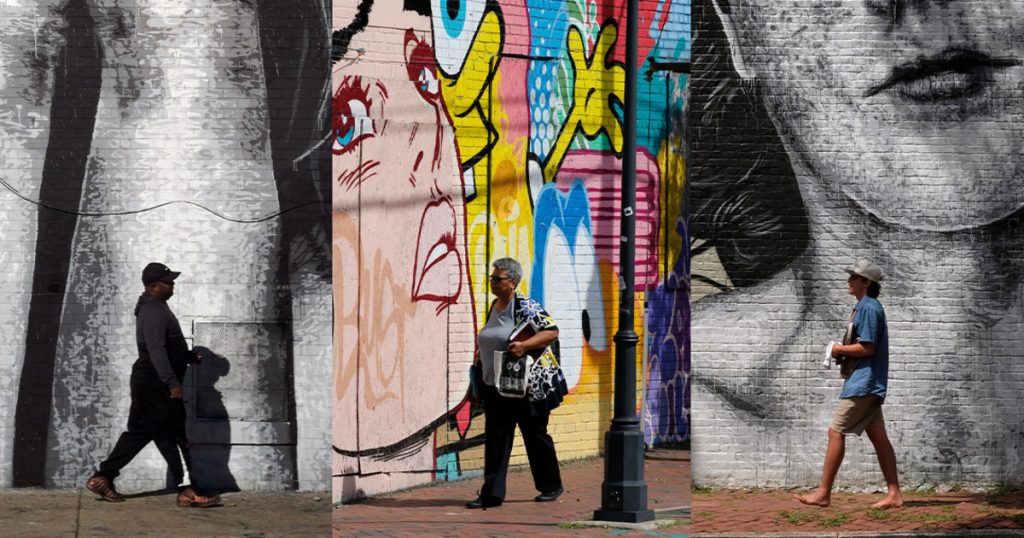The Richmond Resilience Initiative in Virginia’s capital is one of 35 guaranteed income programs across the U.S. that aim to provide financial support to working residents who struggle to make ends meet. Participants like Kiki Ramos, a pharmacy technician supporting her family on a modest salary, rely on the additional cash to cover essential expenses that their income alone cannot afford. The initiative targets individuals who earn slightly above the federal poverty line but still face a significant financial burden due to high living costs, such as rent, groceries, and insurance payments.
In the wake of the pandemic, the concept of guaranteed income has gained traction as a means to address the financial challenges faced by millions of households, particularly those living in poverty or near the poverty line. Programs like the one in Richmond have helped individuals like Ramos bridge the gap between their income and living expenses, preventing them from falling into a cycle of financial instability. As the economy recovers and job markets remain strong, proponents argue that guaranteed income programs offer a lifeline to working families who are just above the threshold for government assistance but still struggle to make ends meet.
While guaranteed income programs have received support from municipal leaders and advocacy groups, they have also faced opposition from critics who argue that the handouts discourage work and perpetuate reliance on government assistance. Conservative groups like the Foundation for Government Accountability have raised concerns about the long-term impact of such programs on workforce participation and economic independence. However, advocates of guaranteed income programs point to research that shows participants often use the additional funds to invest in skills training and education, leading to increased employment rates and financial stability.
Despite the challenges and controversies surrounding guaranteed income programs, cities like Richmond and Austin are expanding their initiatives to reach more residents in need of financial support. Mayor Levar Stoney of Richmond, who is running for governor in 2025, has proposed increasing funding for the city’s program to assist more families facing financial hardship. In Austin, plans to expand the guaranteed income pilot have been met with legal challenges from conservative lawmakers who view the programs as government overreach and socialist experiments.
As the debate over guaranteed income continues, advocates stress the need for more comprehensive support for working families who face financial insecurity despite being employed. With more than 150 pilots conducted or concluded in the U.S. and a growing number of Americans expressing support for the concept, the momentum for guaranteed income programs may be difficult for opponents to halt. The upcoming gubernatorial election in Virginia and other electoral tests will determine the future of guaranteed income initiatives and their impact on workforce participation and economic stability in communities across the country.


